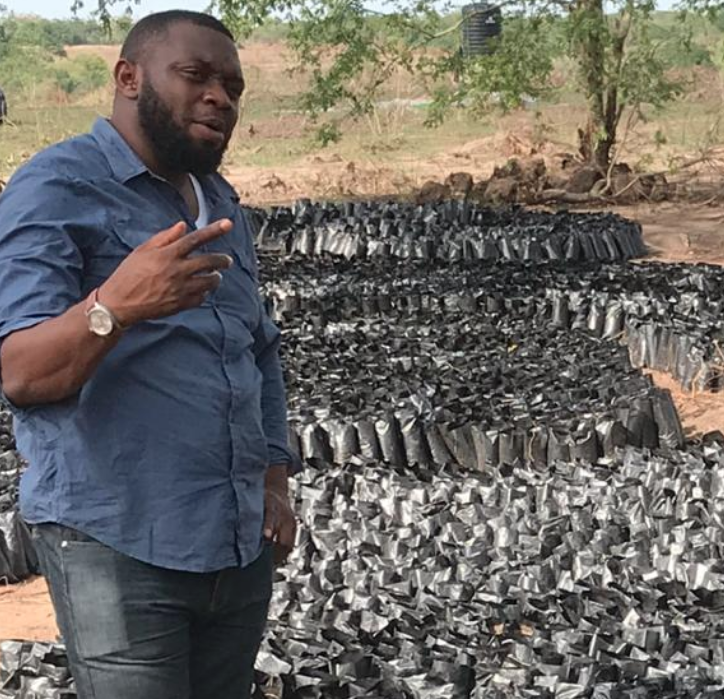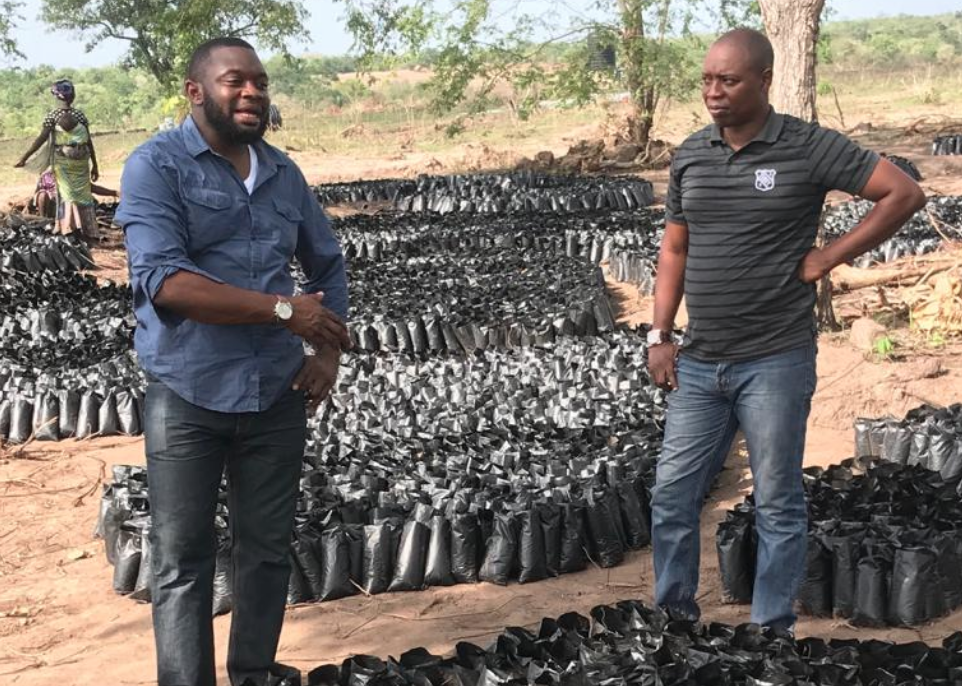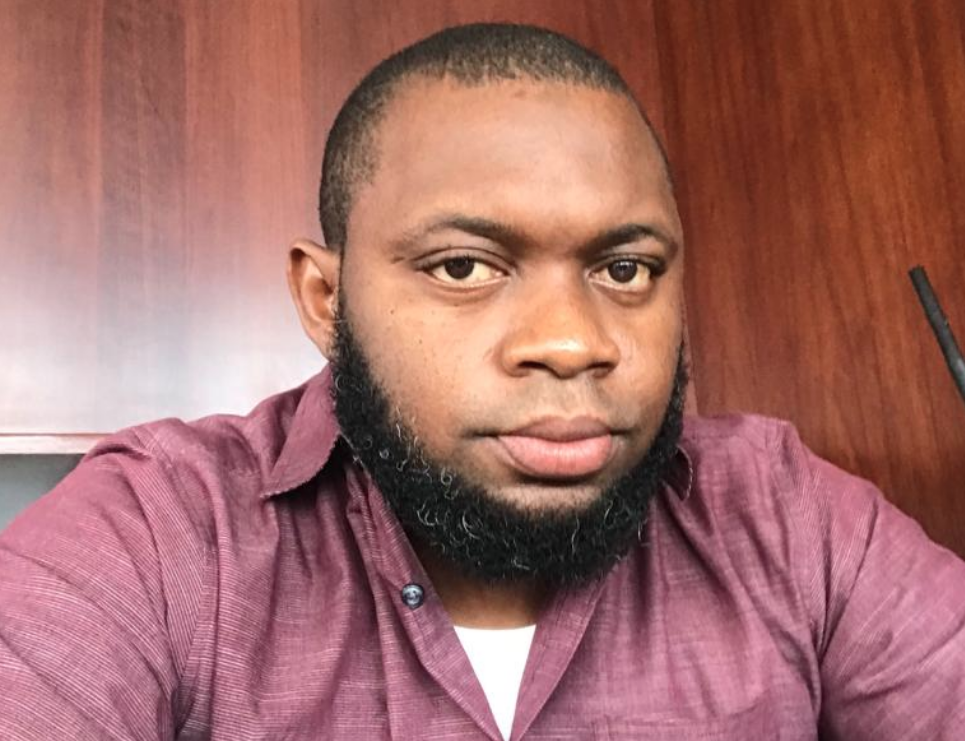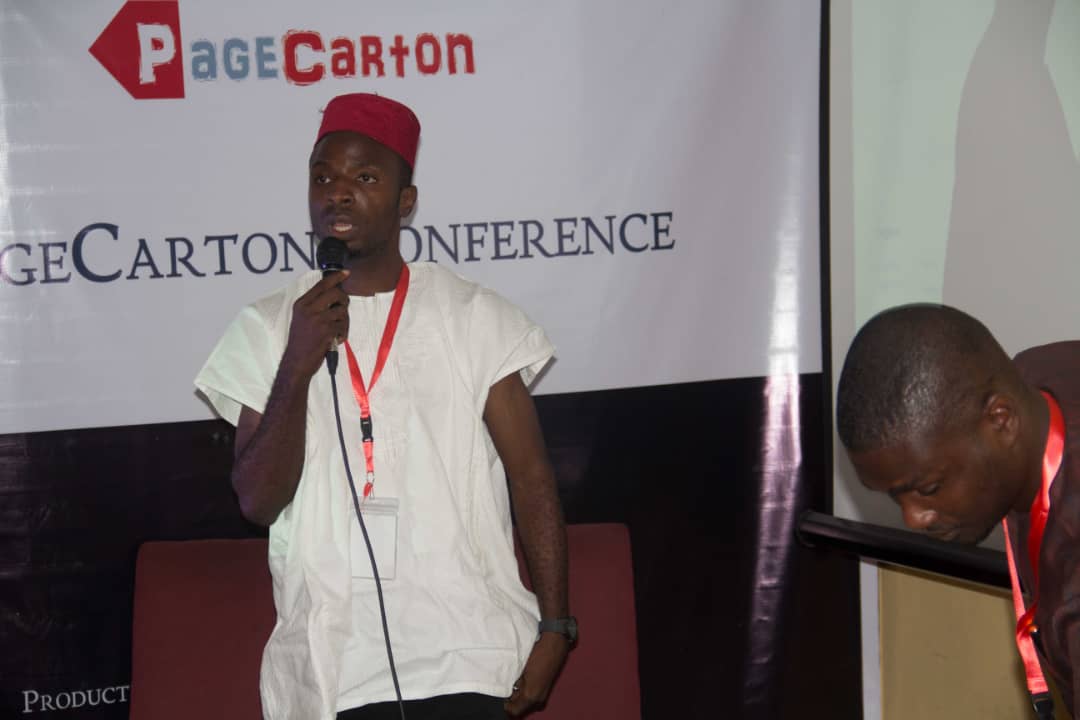BY SIKIRU AKINOLA
The story of the revolution of cashew farming in Nigeria is incomplete without reference to Miftah Adediran who is 39 years old. The Oyo born prince is one of the biggest growers of cashew in Nigeria.
Adediran has made a goldmine out cashew. When the opportunity to meet with him came, I grabbed it with both hands. The journey to the sleepy village of Ofiki in Atisbo local government of Oyo state, about 120km from Ibadan, the state capital, started at 9.20am on Monday. Our host, Adediran, having just arrived from Lagos the same morning, sounded us a mild warning: “Gentlemen, prepare for a bumpy and long ride to our cashew plantation.”
As we journeyed through the dusty Ibadan-Iseyin road, this reporter already had enough questions to ask ‘Mr. Cashew’ or the ‘Cashew King’. Our first stop was at a small roadside restaurant popularly called Buka just by the entrance of Iseyin.
Advertisement
Moments after we took off from there, I fired my first question: “What motivated you to come to this far in the jungle to establish a cashew plantation?”
The big grin on his face that morning was enough to pass a huge message across that this man would be a reporter’s delight. Taking me through how the cashew project began, he would intermittently ask if we were all comfortable.
“Years back, I used to grow cassava, maize and soybeans. But having weighed all the options and facing the stark reality heads-on, growing maize is not as lucrative as cashew plantation,” he said.
Advertisement

“We lost our pride of place in agriculture as a nation to smaller countries like Ghana, Cote d’ivoire, even the Gambia due to discovery of hydrocarbon.
“They all faced the development of their agriculture while Nigeria faces oil. Today, oil revenue that is the major and chief earner of Nigeria’s foreign exchange is unpredictable.
“Ghana earned a princely sum of $233 million from the sale of cashew nut in 2017 from about 150,000 hectares of land. My immediate neighbor on the farm owns about 20,000 hectares of land. Assuming her 20,000 hectares was among the 150,000 hectraes cultivated in Ghana, your guess is as good as mine.”
As we approach some hamlets in the cashew plantation community, the local toll collectors that usually use a tiny string of rope to barricade the road were heard hailing and greeting all the occupants of the vehicle. As we waltz through the village, residents, mostly women and children, run to a particular spot to gather as it is the custom for the cashew man to stop, fraternize and identify with them.
Advertisement
Out of the over 20 kids that came around, he seems to know all of them by their first names. As he reached for the vehicle trunk, I wondered what he was about to open until he brought out packs of candies and started distributing to his adopted village children.
Asked what informed this Father Christmas-like behavior, no response came immediately.
Observed to have a very deep philosophy about life, he revisited the question as we drove further.
“The thought of my two kids come to my mind as soon as I approach the village. They are mostly of their age group. Each time I go candy shopping, I buy spare and keep in the car for my village children,” he said.
Advertisement
“In my mind, I have this feeling that at least they taste what is being sold in the city and what my biological children eats too.”
On arrival at the farm after about a two and a half hours ride from Ibadan, we were welcomed by the lush green array of already planted cashew trees, blossoming under the sun and heavy-duty farm machineries neatly arranged by a shed and workers tending to the young plants.
Advertisement

“Sir, why don’t a lot of people plant cashew?” I asked and he retorted: “It’s really not for everyone. Many smallholders can’t do the three-year wait before making money, so they opt for quick growing crops. Another factor is that most smallholder farmers don’t own the land they farm on. They are mostly borrowed lands so they cannot put cash crops on them.”
Pointing at a bulldozer, he explained further: “A good example is that man standing by the bulldozer; he has spent 40 years in this village. He is a foreigner. What he does all his life is maize and yam planting. With all the 40 years spent here, he has not had more than 10 hectares of cultivated land. We came to open up this place less than two years ago, we have cultivated over 850 hectares of cashew trees. We intend to cultivate another 3000 hectares in the next 2 years.”
Advertisement
Explaining how he funds the activities on the farm, he said” “What you see here is 80 per cent self-funded. No bank loans whatsoever. In fact you just might be wasting precious time going after the so-called agricultural loans because the banks wont give you the loan on the particular project you intend to use it except you have other business doing a good turnover to repay the loans.”
But does he seek investors? “Oh Yes! Recall I said the farm is 80 per cent self funded, the remaining 20 per cent is for other investors. This particular project is capital intensive. It requires a lot of money to get to where I envisioned.”
Advertisement
Add a comment






